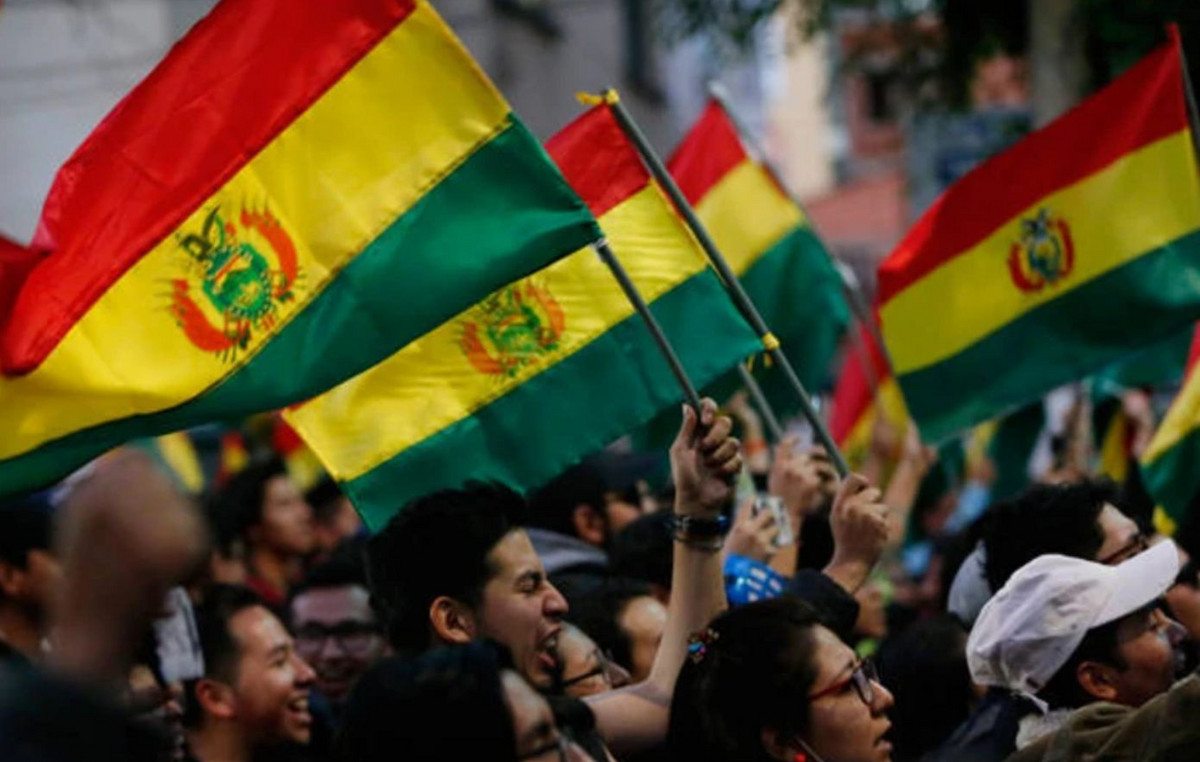The Food and Agriculture Organization of the United Nations (FAO) released, this Tuesday (6), a report on hunger that shows that the prevalence of severe food insecurity has reached 15.4 million Brazilians (7.3% of the population ) between the years 2019 and 2021.
The data shows a growth in numbers compared to the period before the coronavirus pandemic. From 2014 to 2016, the number of Brazilians affected by severe food insecurity was 3.9 million, or 1.9%.
FAO classifies as severe food insecurity when people are likely to have run out of food, gone hungry and, at the most extreme, gone days without food, putting their health and well-being at serious risk, based on the Food Insecurity Experience Scale (FIES). ).
The report also points out that 61.3 million Brazilians suffered between 2019 and 2021 with moderate or severe food insecurity, or 28.9% of the population. In comparison, the period 2014 and 2016 pointed to 37.5 million people (18.3%).
Moderate food insecurity refers to the level of severity at which people face uncertainty about their ability to obtain food and are forced to reduce, at certain times of the year, the quality and/or quantity of food they consume due to lack of money or other conditions. resources.
Latin America and the Caribbean
According to the study, about 56.5 million people were affected by hunger in Latin America and the Caribbean in 2021, making up 8.6% of the regional population, an increase of 4 million over the previous year.
In just two years, 13 million people have been pushed into starvation and 4 out of 10 people are food insecure as the world braces itself for the impacts of the biggest food crisis, including the war in Ukraine.
In 2021, 40.6% of the population – 268 million people – faced moderate or severe food insecurity. Severe food insecurity affected 93.5 million people in 2021 –14.2% – an increase of almost 10 million more people in one year and almost 30 million more compared to 2019.
In 2021, 31.9% of women worldwide were moderately or severely food insecure, compared to 27.6% of men. The growing gap is most evident in Latin America and the Caribbean, where the gap between men and women was 11.3 percentage points in 2021 compared to 9.4 percentage points in 2020.
In the world
Also according to a FAO report, between 702 and 828 million people were affected by hunger in 2021. The number has grown by about 150 million since the beginning of the Covid-19 pandemic. There were 103 million people between 2019 and 2020 and another 46 million in 2021.
FAO projections indicate that by 2030, hunger will still affect 670 million people in the world, or 8% of the world’s population.
Moderate or severe food insecurity affected 2.3 billion people in 2021, or 29% of the global population.
Source: CNN Brasil







